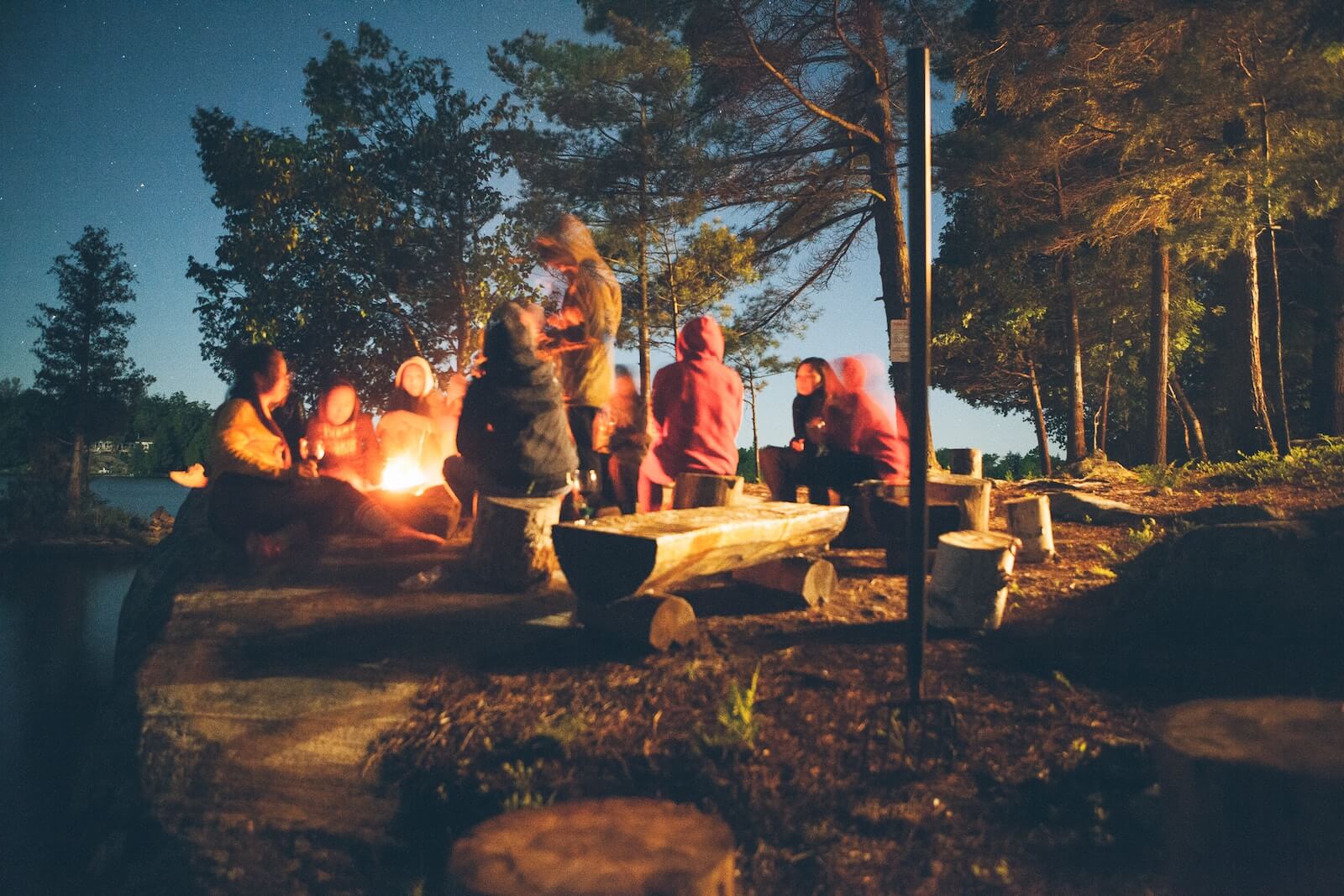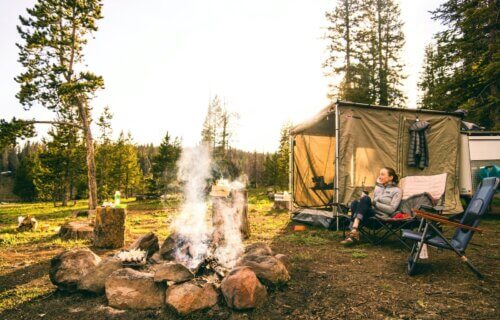LONDON — If you’re looking for a mood booster, you might want to grab a tent and some marshmallows. A survey finds people who engage in camping are generally happier than those who don’t.
A comprehensive analysis of 10,992 participants reveals that 48 percent of campers feel happy nearly every day, in stark contrast to the 35 percent of non-campers. Moreover, campers exhibit a higher likelihood of flourishing mentally, with 44 percent experiencing optimal mental health compared to 31 percent of their non-camping counterparts.
The study’s results further demonstrated that campers consistently have elevated levels of psychological, emotional, and social well-being compared to non-campers.
This research was conducted by experts from Liverpool John Moores University and Sheffield Hallam University in collaboration with The Camping and Caravanning Club. To ensure accuracy in response, the survey questionnaire underwent a protocol analysis. Participants from both sample groups were prompted to verbalize their thoughts while answering each question.

Additionally, the study discovered that individuals who indulge in this outdoor activity are 23 percent less prone to anxiety than those who don’t camp out.
“The undeniable benefits of outdoor activities on mental and physical health have been reaffirmed by ‘The Outjoyment Report’,” says spokesperson Julia Bradbury in a statement. “It underscores the heightened happiness, nature connectivity, and overall well-being enjoyed by campers versus non-campers.”
Furthermore, the study highlights that a staggering 91 percent of campers are drawn to the activity for its relaxing allure. Another 97 percent reported increased happiness from camping, with 93 percent acknowledging its positive influence on their overall health and well-being.
In a related survey by The Camping and Caravanning Club, 2,000 urban and suburban adults were questioned about their access to green spaces by researchers from OnePoll.
The findings were eye-opening: nine percent couldn’t recall their last camping trip, and 48 percent hadn’t camped in over five years. Yet, 46 percent recognized its potential mental health benefits. Almost half of the respondents (46%) lamented that urban living restricted their nature exposure, while a significant majority (73%) believed that their physical health typically improves outdoors. Impressively, 79 percent felt uplifted mentally when going outside.
“Our research underscores the significance of camping as a catalyst for better health and well-being. It emphasizes the profound advantages of camping, highlighting its role in fostering nature connectedness, encouraging physical activity, and enhancing mental health,” concludes Bradbury.
72Point writer Lucy Brimble contributed to this report.

